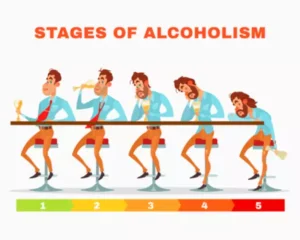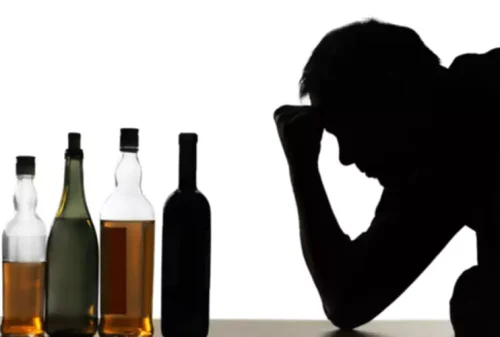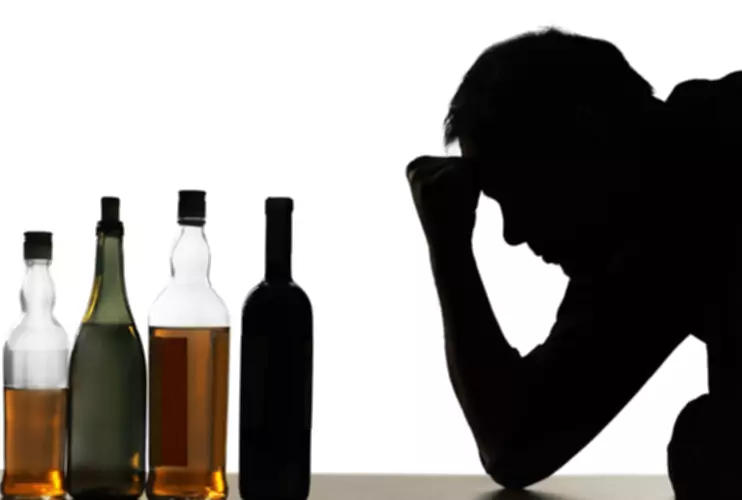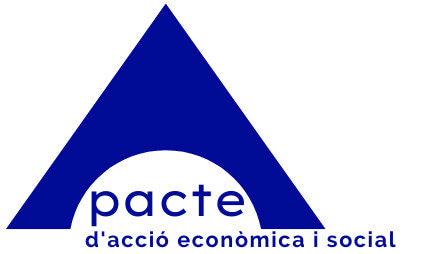
Keep track of your substance use to identify habits, Oxford House emotions, and social situations that trigger your cravings. Understanding the factors that contribute to cravings can help you avoid or manage such situations. For instance, if work-related stress makes you want to consume alcohol, think about how you can manage this stress differently. It may help to add new coping mechanisms or support systems into your life as an alternative. If you’re ready to break the cycle of addiction and reclaim your life, we’re here to help.
- This provides you with added motivation to make sure you never relapse.
- Procrastination is a self-defeating behavior that might give you short-term benefits, but at a pricier long-term cost.
- Prescription, legal, and recreational substances—like alcohol—may be used without a person necessarily being in the cycle of addiction.
- For many, the path to addiction begins with curiosity or peer pressure.
Why Choose Greater Boston Addiction Centers?
Therapy can help you make lasting changes and stay on the right path. It builds, trapping you in a cycle of addiction that feels impossible to escape. You may promise yourself you’ll stop, only to end up right back where you started. It’s not just about willpower—your brain, body, and environment all play a role in keeping you stuck. It means understanding why addiction keeps pulling you back and learning how to break that pattern. Many people have escaped addiction and rebuilt their lives with the right support.
- It may help to add new coping mechanisms or support systems into your life as an alternative.
- Most programs teach specific emotion-focused and problem-focused coping skills (Nastasi and DeZolt 1994; Folkman 1984).
- Support is comprehensive and includes after care plans to prevent relapse.
- They are open to learning more about their addiction but will not commit to getting clean.
- It may be a bad day at work or an argument with a romantic partner.
Regular Substance Use
However, if they choose a different direction, leaving the addiction cycle can become achievable. The first step in stopping this cycle would involve help from family, friends, professors, therapy groups, and other support systems. In doing so, an addict’s self-esteem and confidence get stronger and they become better equipped to handle the ups and downs of life without toxic coping skills. In their quest to avoid pain, addicts turn to their drug of choice for a solution that provides rapid relief, beginning the toxic cycle we call addiction.

Role of Rehab in Breaking the Addiction Cycle
If you have placed your faith in Jesus, you have a redeemed nature, but unfortunately, you still deal with your old, fallen self as well. This fallen nature (your roots) can directly affect your behaviors (fruit), or can directly affect your beliefs (your branches) and thus your behaviors. More often than not though, your fallen nature affects your behaviors and beliefs by way of your wounds (your trunk). \r\n\r\nIf you have placed your faith in Jesus, you have a redeemed nature, but unfortunately, you still deal with your old, fallen self as well. Allow ample time to intentionally draw out concealed sin, asking questions like “What would you not want your parents/roommates/girlfriend/me to know? You want to help them to drag their garbage into the light.
The Role of Support Groups in Recovery
- You might not have created the problem, but if it’s affecting your life, it’s now your responsibility to decide how to respond.
- Many individuals in recovery struggle with feelings of shame or guilt about their past actions.
- This program uses a combination of individual therapy, group sessions, and educational workshops to help clients understand and overcome their addiction.
This preoccupation can be all-consuming, interfering with daily life, relationships, and responsibilities. The addiction cycle is often described as a three-stage process, each stage feeding into the next, creating a self-perpetuating loop that can feel impossible to escape. Let’s break down these stages how to break the addiction cycle and examine how they work together to keep individuals trapped in addiction. Understanding what triggers cravings can help you develop effective coping strategies. Triggers can be emotional, social, environmental, or related to certain situations. The cycle restarts as emotional distress serves as a trigger for cravings, and the cycle repeats.
Break the Cycle of Addiction
Setting a specific number of days when you are supposed to break a habit is an obvious way to get frustrated and give up on your sobriety. An addictive cycle includes a range of bad habits, which means that breaking a cycle ill require breaking each of the habits involved in that cycle. It is often the case a person’s battles with drug and alcohol abuse stem from an emotional event in their past. Have you suffered a https://ecosoberhouse.com/article/how-to-avoid-drinking-again-after-sobriety/ bereavement, lost your job or gone through a break-up?
Nevertheless, in the majority of cases, all of these steps are part of the chronic cycle of addiction. Until you admit you have a problem with alcohol, prescription medications, or illicit drugs, you cannot begin the process of recovery, and you’ll be caught in that vicious cycle of addiction. Once an individual is dealing with this disease, addiction keeps them in a state where they are powerless to resist their desire for their substance of choice. After the brain’s reward system becomes used to it, the cravings and substance-seeking behaviors will follow. Their willpower is no longer something they can rely on to control their substance use, and can become utterly trapped in the addiction cycle. It changes how the brain works, making it easy to slip into old patterns.

Be prepared to deal with things that trigger your cravings, such as being in an environment where others are using. Your abuser may make you try to feel like things that they did or said didn’t happen — a prime example of gaslighting. If you have experienced love bombing, you may find it enjoyable but confusing. Having someone give you lots of attention may be disorienting.
Environmental Triggers

“How to Break Free From the Cycle of Pornography Addiction” is a program set up for weekly one-on-one mentoring, but it can also be used in a small-group setting. This study is an attempt to get something concise, clear and effective out there to help men or women walk through a discovery and recovery process together. Family therapy can help rebuild trust, improve communication, and provide a supportive environment for recovery. This program uses a combination of individual therapy, group sessions, and educational workshops to help clients understand and overcome their addiction. The discomfort of withdrawal often leads to relapse, restarting the cycle.






